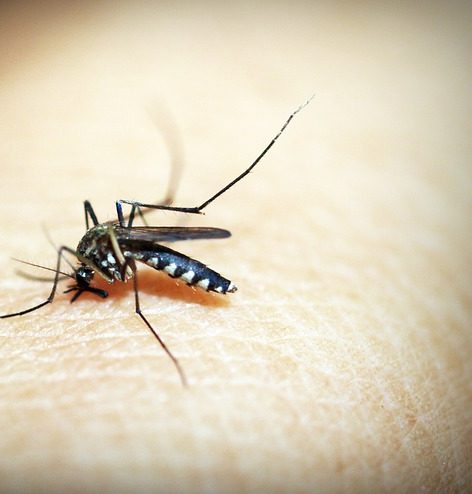Following the devastating flooding in the central part of the state, which infectious disease should Louisianans fear more: Zika or West Nile virus?
The answer, it seems, depends on whom you ask.
On August 21, National Institute of Allergy and Infectious Diseases (NIAID) Director Anthony Fauci, MD, told ABC’s “This Week” program that the Aedes aegypti mosquito, which carries Zika, could soon appear in areas across the southern part of the country. Louisiana is particularly susceptible, he added, given the recent flooding in the region.
To date, however, the state has reported zero locally-acquired cases of the mosquito-borne virus that has ravaged Brazil and parts of the Caribbean since late 2014. Public health officials in Louisiana have gone on the record saying that they are more concerned about the emergence of West Nile virus in the aftermath of the floods that have ravaged the area surrounding the state capital, Baton Rouge, than they are about Zika, telling Contagion recently that flood waters actually “washed out” much of the state’s mosquito population.
Indeed, earlier this month, the New Orleans Times-Picayune reported that vector surveillance has identified a population of the Aedes aegypti mosquito in the area surrounding Lake Pontchartrain, closer to New Orleans, the state’s largest city, and south of where the flooding took place. Health officials in the state also told the paper that surveillance programs have found Culex mosquitos in the flood area; the Culex mosquito carries West Nile virus.
“The risk for WNV is much greater than for Zika in Louisiana,” Susanne Straif-Bourgeois, PhD, MPH, associate professor of epidemiology at the LSU School of Public Health in New Orleans told Contagion.
The reasons for this, she added, are multi-factorial. Unlike Zika, birds play an important role in the epidemiology of West Nile virus. “Birds are seen as virus amplifiers since early in the season Aedes mosquitoes tend to feed on nesting birds, but when these birds start to leave their nests, mosquitoes find different blood sources such as humans, horses, and dogs,” Dr. Straif-Bourgeois explained. “For Zika virus, as we know of now, there is no animal reservoir involved. It is only transmitted from human to mosquito to human, and so on.”
In addition, multiple experts have pointed out that West Nile is endemic in Louisiana, and has been since 2001, “when we had the big outbreak, mainly from migratory birds bringing [this virus] down from New York City,” she said. – See more at: http://www.contagionlive.com/news/west-nile-virus-greater-threat-than-zika-in-louisiana#sthash.WV6nPqYH.dpuf
Source: http://www.contagionlive.com/news/west-nile-virus-greater-threat-than-zika-in-louisiana

